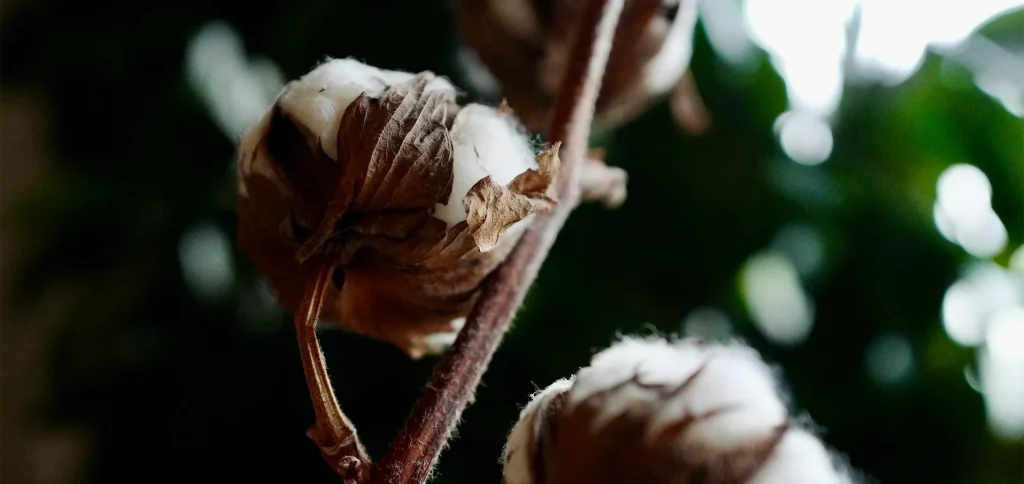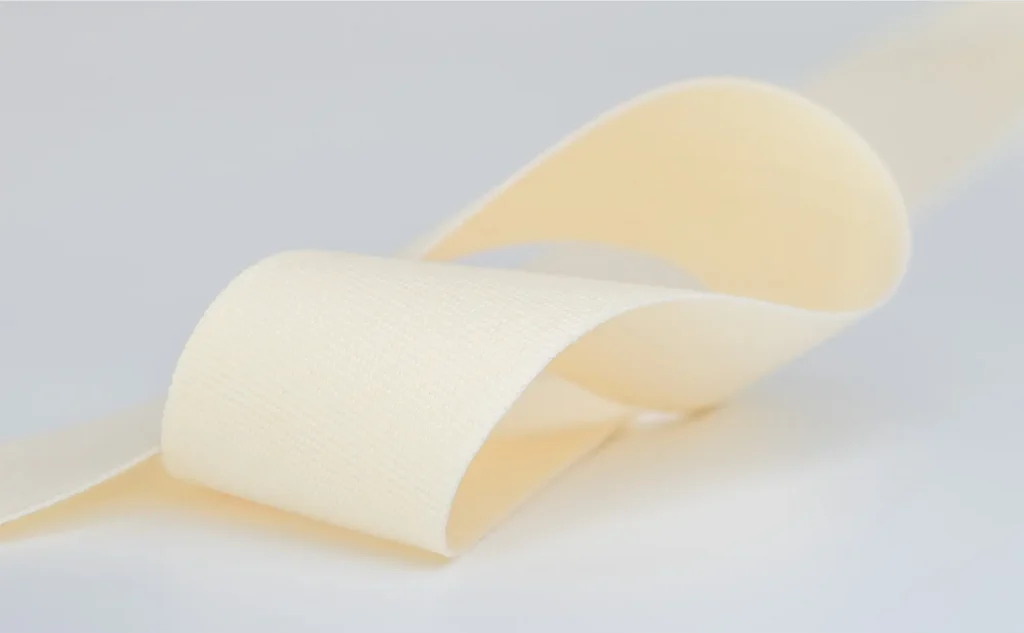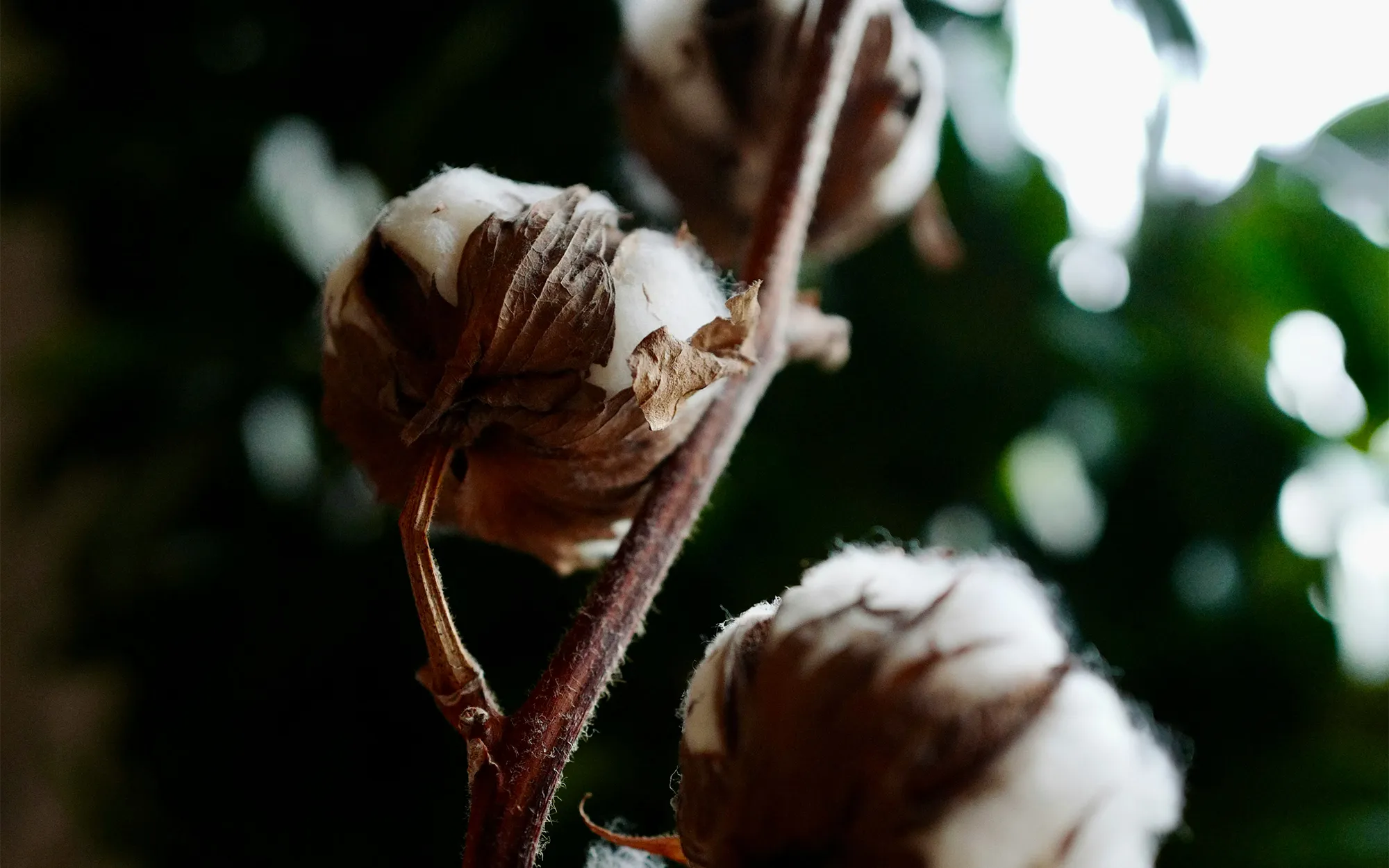Organic Cotton: a sustainable alternative for the textile industry
Facing the ecological impact of the textile industry, organic cotton is revolutionizing the sector by offering a sustainable, environmentally friendly alternative. Discover why it is the key to more responsible fashion.
13/03/2025
Organic cotton
Sustainability
Eco-friendly fashion

What is organic cotton?
Organic cotton is a textile fiber grown without pesticides, insecticides, or synthetic chemical fertilizers. Unlike conventional cotton, it relies on sustainable farming practices that promote biodiversity and soil fertility.
To be labeled as organic, cotton must meet strict certification criteria such as GOTS (Global Organic Textile Standard) or OCS (Organic Content Standard). These labels not only guarantee the organic origin of the cotton but also ensure ethical production conditions.
Why is organic cotton the future of the textile industry?
Conventional cotton, although widely used, is an extremely resource-intensive crop. Producing 1 kg of cotton can require up to 10,000 liters of water, not to mention the heavy use of pesticides and chemical fertilizers. In contrast, organic cotton adopts sustainable farming practices that significantly reduce water consumption and eliminate chemicals, providing a much more environmentally friendly alternative.

The solution to the dyeing problem
Synthetic dyes used in the textile industry are often based on toxic chemicals. By opting for natural dyes (plant-based, mineral, or microbial), it is possible to reduce the ecological impact while ensuring vibrant and durable colors.
Labels like OEKO-TEX Standard 100 ensure the absence of harmful substances in textiles, including dyes. For a truly eco-friendly garment, it is essential that the dyeing process be as environmentally responsible as the cotton itself.




